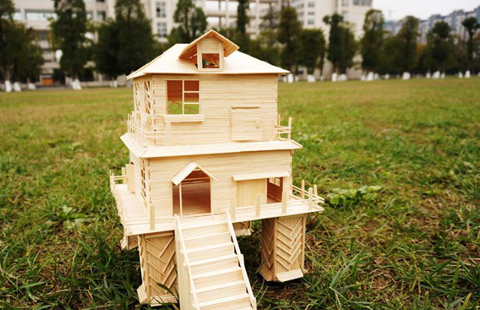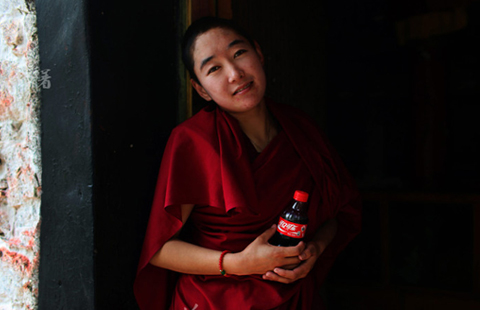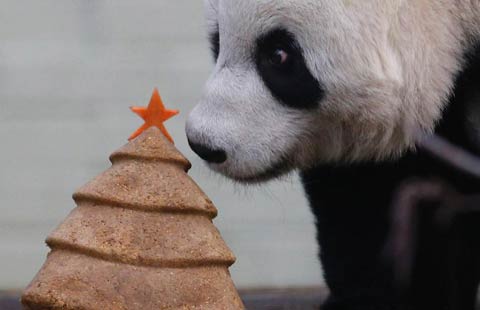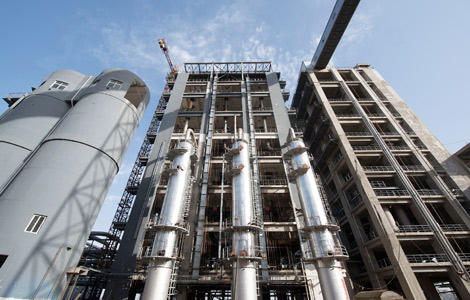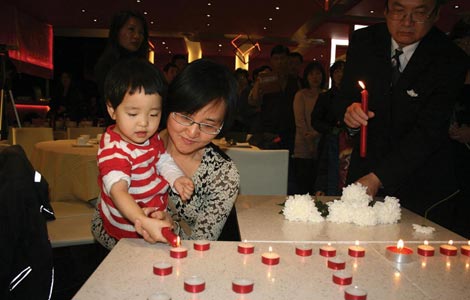Tradition forms vital quality
Updated: 2014-12-19 07:48
By Selena Li in Macao(China Daily USA)
|
||||||||
Things have changed dramatically in Macao since it returned to the motherland 15 years ago.
A tiny piece of land with a population of about 600,000, the former Portuguese colony has overtaken Las Vegas to become the world's top gaming destination with its state-of-the-art casinos, hotels and resorts. Its GDP per capita is now ranked fourth globally.
But one man in the special administrative region has refused to change amid the gold rush.
"Life ... runs slow," Fernando Gomes said, as he carefully poured a sharp-tasting drink into two glasses.
The 60-year-old owner of Fernando's, one of Macao's most famous Portuguese restaurants, said he has not changed the menu in 25 years.
Aware of the complaints that the booming gaming industry is "killing" the history of the region and overcrowding the city, the restaurateur, who arrived in 1978, said the unusual marriage of an ancient Eastern culture with that of the West has always been Macao's most valuable trait.
"It's the understanding, even without knowing the language or other characteristics. You may look that way and I look another, but we still understand what we are both looking at. It's something deep down inside us and even after many years, that understanding cannot be removed," Gomes said.
His traditional, family-style restaurant certainly embodies that quality.
Dishes are homey: char-grilled sardines and roast suckling pig are slapped on to plates and served with simple salads. Vegetables are picked from the restaurant's garden and the oversized pao rolls are house-baked.
Fernando's has become touristy over the years, as most good things in Macao eventually do. But local Portuguese residents have not abandoned it.
"They say there is an Asian twist in the food, but what I see is they simply like it," Gomes said.
No reservations are accepted. Diners coming from all over the world are advised to arrive early to secure a table. They can enjoy a jug of sangria under the ceiling fans of the open red-bricked bar as they wait.
"It doesn't make any sense to install air conditioning here. If you are changing the weather, you are imprisoning yourself," Gomes said.
In 1973, Gomes left his Madeira island home and headed for the European continent. The democratic movements among youth there depressed him and he decided to go to Asia.
"I can tell you, Macao at that time was nice, nice, nice," Gomes said, recalling his first impression of a city with less than 200,000 people.
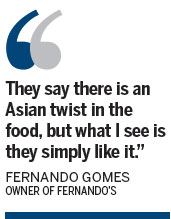
Penniless, Gomes turned to one of his Chinese friends and managed to collect HK$78,000 in 1986 to buy a front dining hall right by the Hac Sa beach on the tip of southern Coloane, one of the last untouched areas amid the buzz of the casinos.
He transformed it into a place that lured his Portuguese friends with the taste of home, tapped from fresh local ingredients and childhood memories of good, wholesome food.
Three decades ago, Gomes would sometimes stroll down Macao's stone pavements patterned after the pedestrian walks in Portugal. He would pass the quiet, tree-lined streets leading to the city's iconic Senado Square, Ruins of St. Paul's as well as beautiful churches, temples and old city wall. He also took the alluring Mediterranean-style low-rise houses in the area for granted.
"I hope this administration will notice the changes and bring back a personalized Macao, as it should be," Gomes said.
Contented with the steady flow of international diners at his restaurant, one-fifth of whom consists of visitors from the Chinese mainland, Gomes turned down an offer four years ago to work with a travel agency in Shenzhen city to host group tours at a discounted price.
selena@chinadailyhk.com
Most Viewed
Editor's Picks

|
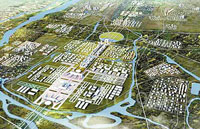
|

|
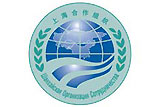
|

|
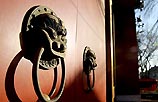
|
Today's Top News
China, US get things done at trade talks
JD.com adds Gap clothes online
California city fights 'birth tourism'
China OKs modified corn imports
Build, not break, a bridge for people
Chinese city shops for talent in Houston
Cleaner coal goal in deal by Houston firm
China niche for California design firm
US Weekly

|

|


